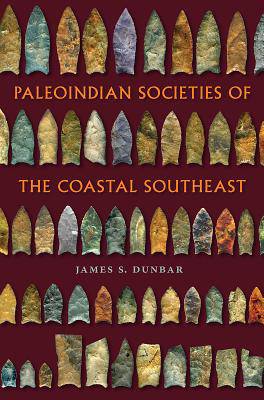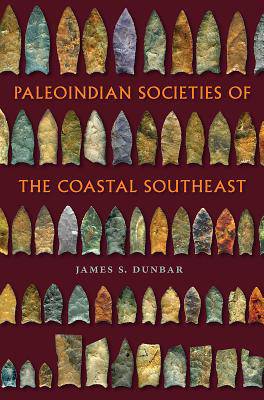
- Retrait gratuit dans votre magasin Club
- 7.000.000 titres dans notre catalogue
- Payer en toute sécurité
- Toujours un magasin près de chez vous
- Retrait gratuit dans votre magasin Club
- 7.000.0000 titres dans notre catalogue
- Payer en toute sécurité
- Toujours un magasin près de chez vous
Description
For more than 130 years, research aimed at understanding Paleoindian occupation of the coastal Southeast has progressed at a glacial pace. In this volume, James Dunbar suggests that the most important archaeological and paleontological resources in the Americas still remain undiscovered in Florida's karst river basins.
The late Pleistocene-early Holocene landscape hosted more species and greater numbers of them in the Southeast compared to any other region in North America at that time. Through extensive research, Dunbar demonstrates a masterful understanding of the lifeways of the region's people and the animals they hunted, showing that the geography and diversity of food sources was unique to that period. Building a case for the wealth of information yet to be unearthed, he provides a fresh perspective on the distant past and an original way of thinking about early life on the land mass we call Florida.
Spécifications
Parties prenantes
- Auteur(s) :
- Editeur:
Contenu
- Nombre de pages :
- 288
- Langue:
- Anglais
- Collection :
Caractéristiques
- EAN:
- 9780813062686
- Date de parution :
- 12-07-16
- Format:
- Livre relié
- Format numérique:
- Genaaid
- Dimensions :
- 156 mm x 234 mm
- Poids :
- 707 g

Les avis
Nous publions uniquement les avis qui respectent les conditions requises. Consultez nos conditions pour les avis.






